Do teens value privacy?
As time goes by it is becoming increasingly more obvious that teens do not value their privacy. We live in a new age where technology dominates the majority of all of our lives, from school, work, and our hobbies.
November 6, 2020
As time goes by it is becoming increasingly more obvious that teens do not value their privacy. We live in a new age where technology dominates the majority of all of our lives, from school, work, and our hobbies.
In my opinion teens don’t seem to care about what is happening to our data. We use social media everyday sharing countless amounts of personal information about ourselves yet we really don’t know who is seeing what we share or what could happen to it.
This topic is one that was recently covered in a documentary called “The Social Dilemma” which was released this past summer. The documentary goes in depth into how technology companies are dominating our lives, how we can stop it, and how they directly benefit the more they control us.
Everyone should go watch this documentary, I learned so much and it only confirmed a lot of things I previously thought about technology.
It estimated that 84% percent of all teenagers in America have a cell phone.
This is potentially dangerous, if someone were to somehow disable our devices we would be quite hopeless as we are the first generation to really be raised on these devices.
Another area that the documentary explores is the potential radicalization of people due to what they see on social media.
This is something that I think is especially relevant to teenagers because we have seen many examples of teens that have been radicalized and have decided to do especially horrid things.
Now I’m not saying your Instagram feed is going to make you become a Nazi or something but the social media machine is definitely a contributing factor into the downwards spiral of some terrible people.
According to a Pew Research Center poll 53% of Americans claim to get news from social media or online. In the poll it is now stated that people are more likely to get news from social media than they are a newspaper.
This is especially alarming as it is no secret that the information that is found and gathered on social media is usually quite biased and sometimes flat out untrue.
This is just another instance of how social media is becoming more dominant in our lives as time goes on, and how what we think is being influenced by algorithms.
To be honest I don’t know if there’s all too much we can really do to stop the spread of the social media influence on our lives, but one of the solutions presented in the documentary is that we may not be able to stop the spread, but we should at least be conscious of it, and the impact social media is having on our lives.
I personally feel like if we all start being even a little more conscious, we can help combat the stranglehold that social media algorithms have on our minds, and be more aware of why we are shown the content that we are shown on social media.


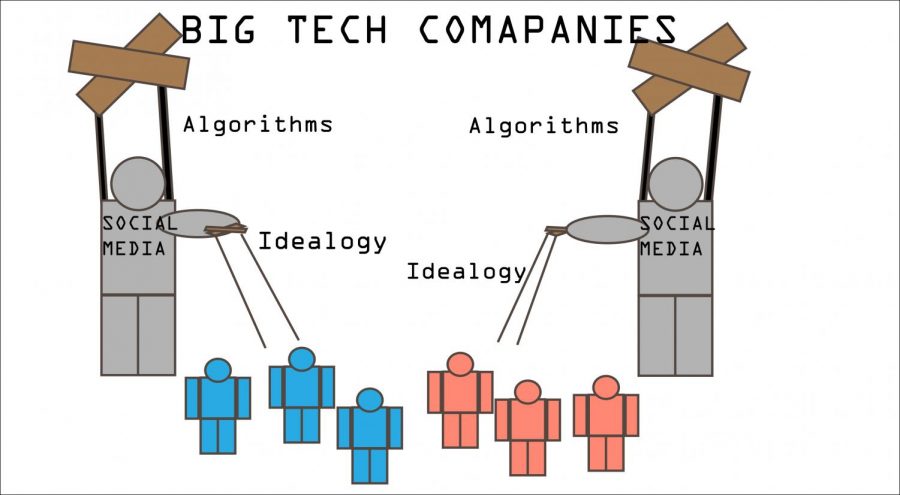
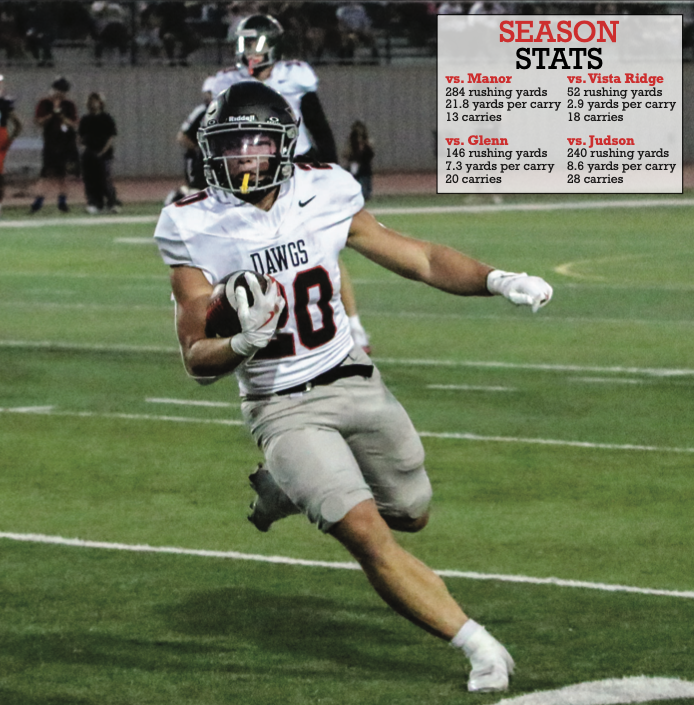
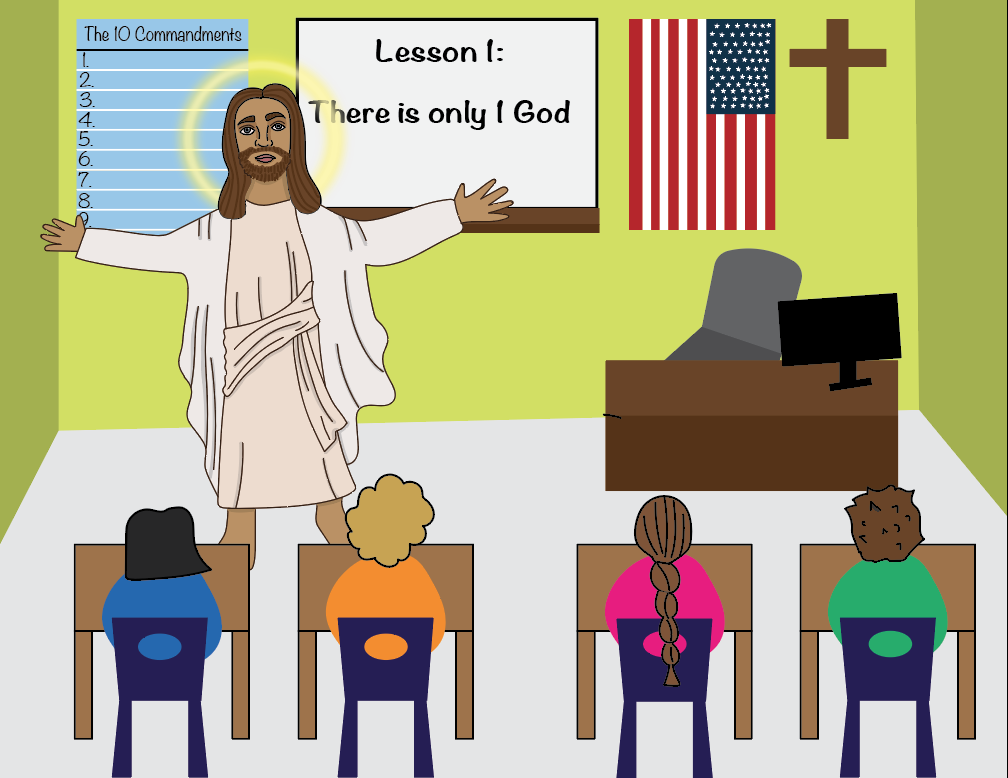


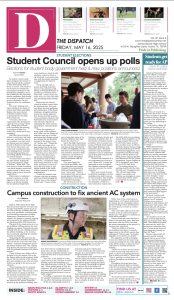

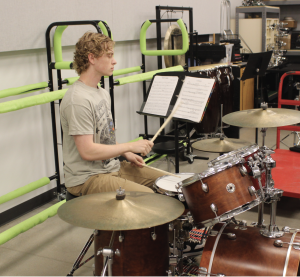
John Q Public • Nov 17, 2020 at 10:41 am
You know it’s not often you hear about someone from this generation talking about privacy, so kudos to you on writing this one. Because honestly, we are now in a newer, and depending on your point of view, far scarier dilemma regarding privacy. Privacy is now the currency for entrance to society, and if you aren’t willing to give it up, tough luck.
The consequences of this dilemma are nasty, and it doesn’t just manifest in the form of manipulation based on both preconceived and echo chambered biases. The surrender of privacy has and is an act of trusted exchange. If you do this, I will trust you with this. However, this trust has been perverted and altered into marketing. Depending on how you look at it, it’s also become a disastrous time bomb.
But ok, so what. I don’t have anything to hide, so I have nothing to fear. Remember this phrase? It has been saturating into our brains for so long we forgot what it is. It’s a direct attack on who we are as people. Sure, you or I may not be doing anything wrong, but there are some things we don’t want others to see. Privacy is a privilege that, when allowed to be used, enables people to grow.
So what, what I get from surrendering something useless is worthwhile. Maybe, it could be worth all the value in the world, or it is for now. Remember the time bomb I mentioned, the moment you give away that seemingly worthless thing, it can and will be used against you. Its effects may vary, but in essence, it is the same. Companies, governments, and even individuals have the key to your mind. And frankly, they can damn well do what they please.
I commend you for making this article. It is a step ever closer to spreading awareness about a topic not often discussed enough. If you want to explore this topic and its effects a little more, I recommend a short game called Orwell. It shows just what things may look like if privacy isn’t protected. Carry on, spreading the word about privacy.
Ciao!
John Q. Public